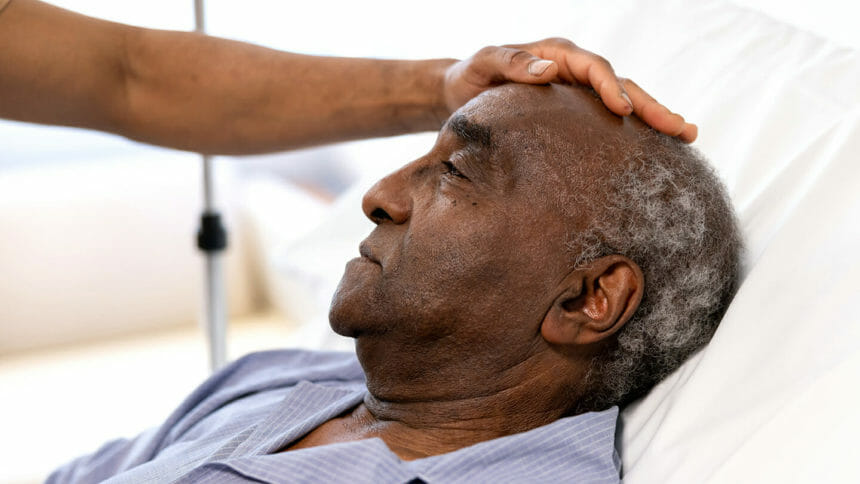
Older adults who have Escherichia coli disease (IED), or E. coli, face a variety of potential health burdens and long-term consequences, a new study published in BMC Infectious Diseases finds.
Researchers looked at 19,773 people over the age of 60 who were infected with E. coli between 2015 and 2020. The mean age was 76.8 years old, and 67.4% were female. Of those studied, 78.5% had signs of sepsis.
All of the people studied were positive for E. coli and had a sign of systemic inflammatory response syndrome or one or more signs of sepsis, or they had a positive E. coli culture with a urinary tract infection and signs of sepsis.
A total of 96.5% were hospitalized for about seven days, and 32.4% were put into the intensive care unit for about four days. The amount of people who required ventilation was 8.6%. Almost every person got antibiotics — 99.3% to be exact — usually having several courses of them.
When it came to the E. coli itself, 61.7% of it was resistant to one or more categories of antibiotics and 34.4% were resistant to three or more antibiotic categories. After their infection, 34.8% of people were transferred to a skilled nursing community and about 44% went home. In total, 6.8% of people died from the infection.
The researchers studied the people for 12 months after infection and found that 36.8% of people were rehospitalized, and 2.4% got E. coli again.
“The findings suggest that IED is associated with an acute burden during the initial hospital encounter and may lead to poor outcomes even after the encounter is resolved,” the study authors wrote. “This burden is particularly high in the presence of antibiotic resistance, which is an important consideration for an increasing aging population.”





